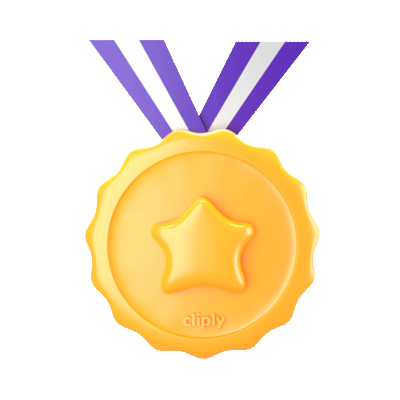About the Department
Since 1986, the Department of Science and Humanities has been integral in shaping the institution’s academic fabric. Encompassing Mathematics, Physics, Chemistry, and English, it provides a robust foundation for B.E/B.Tech students. The department prioritizes a holistic education, nurturing essential skills and a positive mindset. Innovative teaching techniques empower students beyond traditional coursework. Involvement in co-curricular and extracurricular activities facilitates comprehensive development, molding students into technically adept individuals with critical thinking and effective communication skills. The department’s lasting impact is evident in its significant contribution to students’ holistic growth, laying the groundwork for success in academic and real-world challenges.
Vision
The department strives to impart knowledge in basic sciences to ensure that the student develops computational skills, critical thinking, and problem-solving skills in different engineering disciplines and to enhance their communication skills to match with the global requirements.
Mission
- To provide a strong foundation in basic sciences through quality undergraduate instruction, curricular innovation and experiential learning, upon which students may build professional careers
- To provide learning ambience to generate innovative and problem solving skills with professionalism
- To communicate effectively, proficiently and professionally in order to reach the global standards of business world.
- To induce ethical values and spirit of social commitment.
- Engineering knowledge: Apply the knowledge of mathematics, science, engineering fundamentals, and an engineering specialization to the solution of complex engineering problems.
- Problem analysis: Identify, formulate, review research literature, and analyze complex engineering problems reaching substantiated conclusions using first principles of mathematics, natural sciences, and engineering sciences.
- Design/development of solutions: Design solutions for complex engineering problems and design system components or processes that meet the specified needs with appropriate consideration for the public health and safety, and the cultural, societal, and environmental considerations.
- Conduct investigations of complex problems: Use research-based knowledge and research methods including design of experiments, analysis and interpretation of data, and synthesis of the Information to provide valid conclusions.
- Modern tool usage: Create, select, and apply appropriate techniques, resources, and modern engineering and IT tools including prediction and modeling to complex engineering activities with an understanding of the limitations.
- The engineer and society: Apply reasoning informed by the contextual knowledge to assess societal, health, safety, legal and cultural issues and the consequent responsibilities relevant to the professional engineering practice.
- Environment and sustainability: Understand the impact of the professional engineering solutions in societal and environmental contexts, and demonstrate the knowledge of, and need for sustainable development.
- Ethics: Apply ethical principles and commit to professional ethics and responsibilities and norms of the engineering practice.
- Individual and team work: Function effectively as an individual, and as a member or leader in diverse teams, and in multidisciplinary settings.
- Communication: Communicate effectively on complex engineering activities with the engineering community and with society at large, such as, being able to comprehend and write effective reports and design documentation, make effective presentations, and give and receive clear instructions.
- Project management and finance: Demonstrate knowledge and understanding of the engineering and management principles and apply these to one’s own work, as a member and leader in a team, to manage projects and in multidisciplinary environments.
- Life-long learning: Recognize the need for, and have the preparation and ability to engage in independent and life-long learning in the broadest context of technological change.

